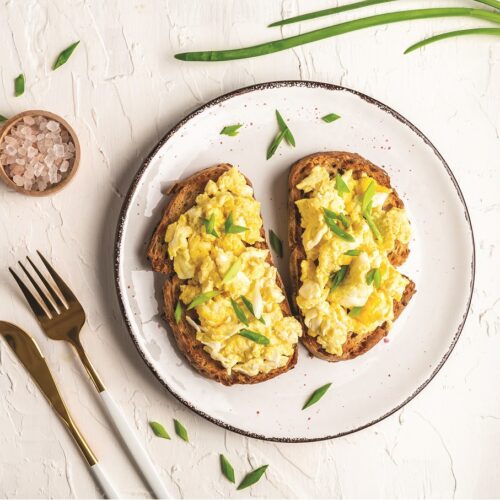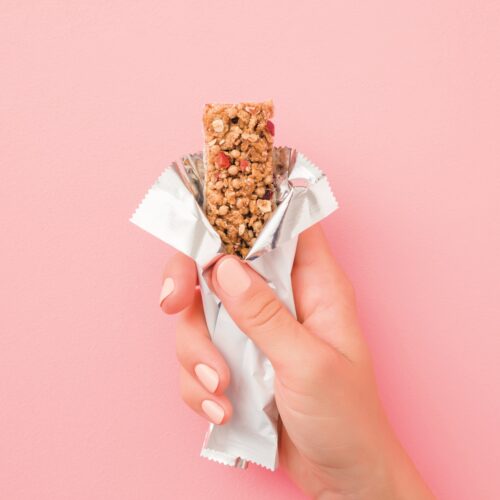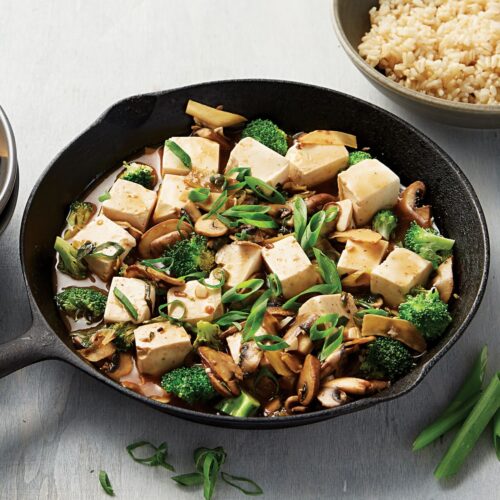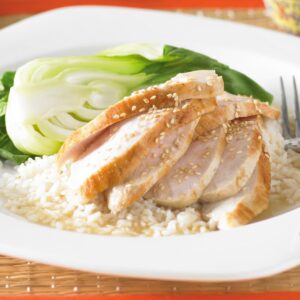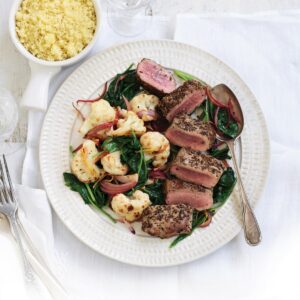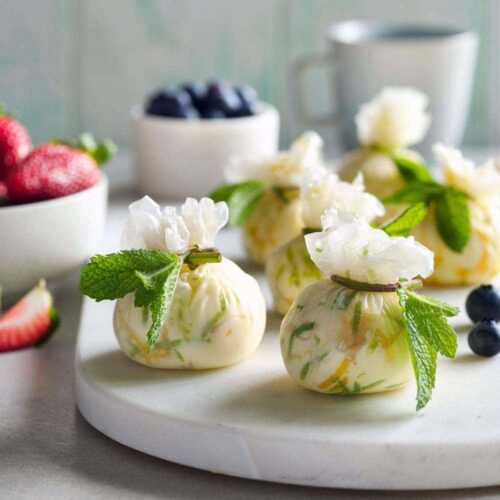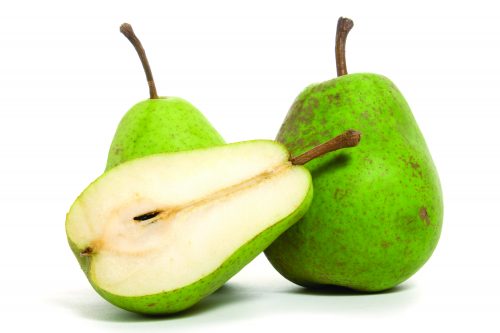
Almost 500 hectares of pears are grown in New Zealand, and most pear-growers are small, family owned orchards on less than two hectares. Eighty per cent of New Zealand pears are grown for fresh, domestic and export consumption, while the rest are grown specifically for canning.
Buying
Choose blemish-free, bruise-free firm fruit with the stem intact. Pears, which add fibre to our diet, are usually picked from the tree when fruit is mature, not ripe. If left to ripen on the tree, the flesh becomes grainy and the fruit bruises easily. Pears are ready to eat when the fruit yields to pressure placed on the neck.
Storing
Leave firm unripe pears at room temperature to ripen (within two to three days), or place pears in a fruit bowl near other ripening fruit like bananas. Pears placed in the fridge will slow the ripening process. To freeze pears, peel, core and slice fruit, dip in lemon juice and water to stop browning then place in a plastic bag. Pears will keep frozen for up to one year.
Using pears
- To prevent pears browning, lightly coat with lemon juice. Pears are a great salad ingredient. Try mixed salad greens, your favourite nuts (slightly toasted), crumbled blue cheese and thinly sliced pears. Drizzle with balsamic vinegar.
- Or toss baby spinach, feta cheese, toasted hazelnuts and smoked salmon with thinly sliced pears and dress with your favourite vinaigrette.
- Or simply arrange sliced barbecued or roasted pears on rocket and sprinkle with sliced almonds. Thinly sliced pears are also a great addition to a cheeseboard or antipasto.
- Pears make a striking dessert left whole and poached (try our delicious Ruby poached pears recipe). Or simply peel, core and quarter pears, toss in sugar and lemon juice and barbecue or roast until golden and caramelised. Serve with low-fat yoghurt or reduced-fat ice-cream.
Did you know? Pears ripen from the inside out
www.healthyfood.com



